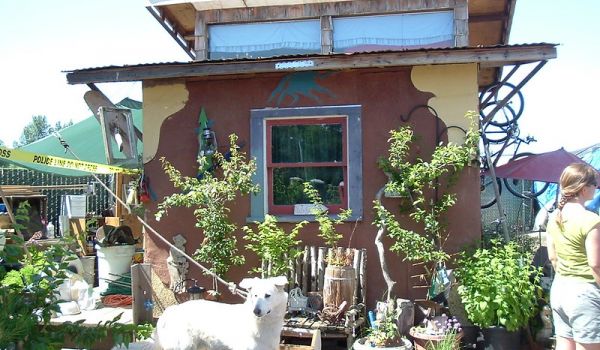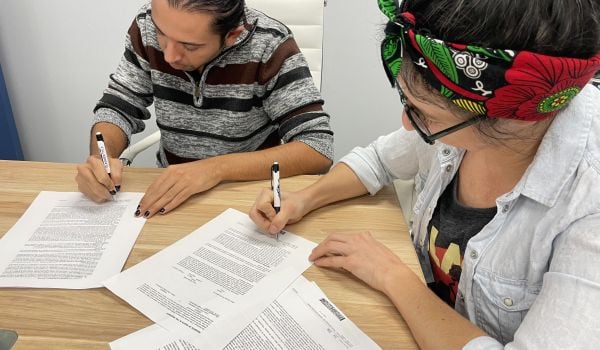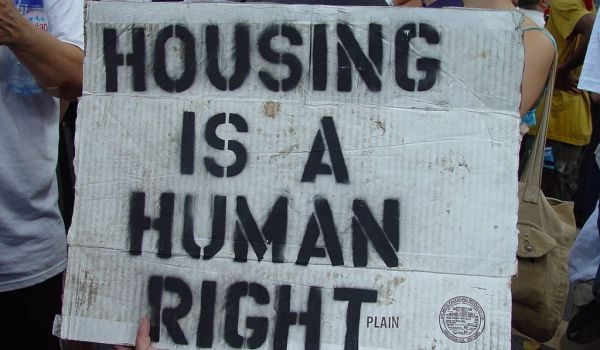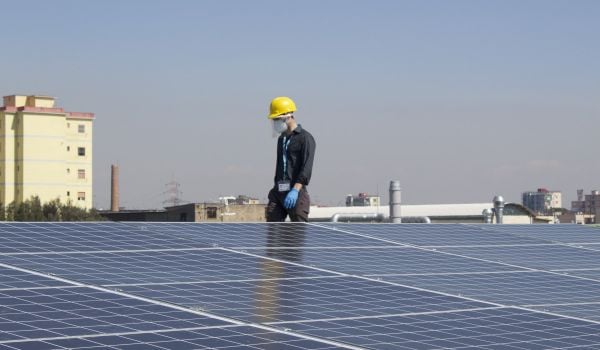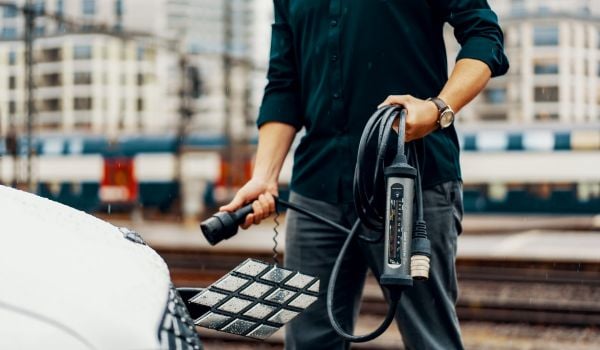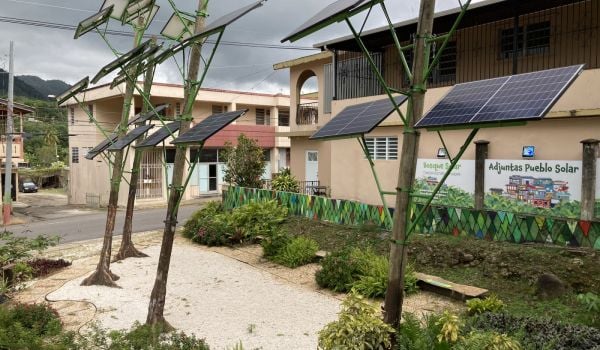Renewables Surpass Coal For First Time
The share of energy derived from renewables surpassed coal for the first time in 2022, Grist reports, though it still lags behind natural gas production. The U.S. Energy Information Administration released a report showing that wind, solar, hydro and geothermal energy together accounted for 21% of U.S. energy production compared to 20% for coal. But gas, which accounted for 39% of the country’s energy, saw a 2% increase from the previous year.
Experts believe that the Inflation Reduction Act, which contains about $369 billion for clean energy initiatives, could shift that power balance. But E&E News reports that Republicans and Congress are introducing a flurry of bills intended to chip away at the law, including a bill that would reduce a greenhouse gas reduction fund by $27 billion and repeal fees for methane producers.
High Speed Rail Flounders
A long-suffering project to connect Los Angeles and San Francisco by high-speed rail faces more setbacks after a report from the California High Speed Rail Authority found it is going to be costlier than expected and could be delayed longer. The project is now pegged at $128 billion and will not be complete until 2033, KGET reports. That is more than double the original estimated cost of about $50 billion when it was approved in 2008 and up from last year’s increased budget of $105 billion.
In the report’s introduction, Rail Authority CEO Brian P. Kelly pleaded with the state for more long-term funding. “We don’t have one penny of state support for this project identified after 2030,” Kelly writes. A New York Times investigation from October found that many of the cost overruns were the result of detours in the train’s path that were added as political concessions but proved infeasible.
In New York City, the Metropolitan Transportation Authority is debating spending the $130 million recouped from its congestion pricing plan to mitigate the pollution in the Bronx. This is because traffic diverted to The Bronx is a potential side effect if motorists drive north to avoid the tax, the New York Times reports. Congestion pricing would impose a surcharge on cars entering lower Manhattan in an effort to reduce the number of vehicles on the road and fund subway infrastructure.
Good Cause Bill in New York Budget
In New York, advocates in Albany are pushing for a flurry of housing bills that could make it into the state’s budget by April 1. The biggest push is for Good Cause eviction, which would limit evictions for month-to-month tenants except in specific circumstances. Those circumstances include nonpayment, unless a tenant has received an unconscionable rent increase. If a bill does make it into the budget, the specifics would be negotiated between the state legislature and Gov. Kathy Hochul, and the final version could be weaker than the policy advocates want.
Advocates for the NYC BASE Campaign are also advocating for Hochul to include a bill that would provide a pathway for cities to legalize basement apartments. Thousands of New Yorkers live in converted basement apartments, putting tenants at risk during fires and floods. But funding and regulatory changes to bring basement apartments up to code have languished for years. Advocates are also hoping a bill that would make it easier for tenants to purchase their buildings and a bill prioritizing community land trusts when public land is sold are included in the budget.
In California, the Los Angeles Times published a roundup of bills that could address the housing crisis, including a bill reducing the state’s 10% cap on lease renewals to 5%, a bill that would allow nonprofit colleges and religious organizations quickly build housing on their property and a bill to convert unused commercial space into residential.
Dollar General Racks Up Labor Violations
Dollar General, the store chain that has been expanding quickly with 19,000 stores across the country, has racked up 111 safety violations connected to just 270 of its stores since 2017, the New York Times reports. Until recently, the company avoided addressing most of its violations, which include obstructed fire exits and boxes cluttering aisles, the Times notes. The company is now engaging with the Occupational Safety and Health Administration on changing its safety practices and paying off fines. The company’s business model relies on keeping stores understaffed and paying low wages, part of the reason boxes can pile up in aisles.
In other labor news, The New Republic points out that Howard Schultz, founder and interim CEO of Starbucks, unwittingly admitted to a labor violation during a Wednesday congressional hearing. Schultz says he was not offering health benefits to stores that had organized a union, but was offering them to stores that remain non-union, a violation the National Labor Relations Board had previously accused Starbucks of committing.
The Met Has Over 1,000 Stolen Artifacts
An investigation by the International Consortium of Investigative Journalists found that over 1,000 artifacts held by the Metropolitan Museum of Art were looted. The artifacts in question were all previously owned by people who had been indicted for smuggling antiquities.
According to ICIJ, “fewer than half of the 1,109 relics have records describing how they left the country of origin, even those that come from places that have had strict export laws for decades.” Thomas Hoving, the Met’s director from 1967 to 1977, openly bragged about acquisitions from smugglers and looters in his 1994 memoir, ICIJ writes.
This article is part of The Weekly Wrap, a newsletter rounding up stories that explain the problems oppressing people in cities and elevate the solutions bringing us closer to economic, environmental and social justice. Click here to subscribe to The Weekly Wrap newsletter.

Roshan Abraham is Next City's housing correspondent and a former Equitable Cities fellow. He is based in Queens. Follow him on Twitter at @roshantone.





_600_350_80_s_c1.jpeg)
